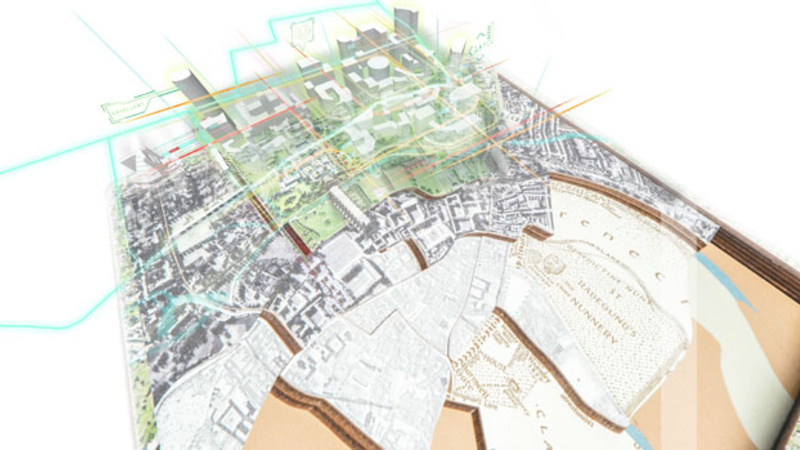DC2 - Vision

We are living through the Fourth Industrial Revolution (Industry 4.0) moving from a period of relative data scarcity to an era of digital abundance. This brings significant changes to the ways we work and live – utilising data to inform better decision-making and bringing together infrastructure and technology to deliver better services and outcomes for people and the environment. Estimates of the global market for Smart Infrastructure and Smart Cities totals between £0.5 trillion and £2 trillion by 2025[1],[2].
There is huge potential for this digital transformation to improve people’s lives, delivering a more sustainable and equitable world “where infrastructure brings economic prosperity, improves living standards and provides a better quality of life to the billions of people for whom reliable, clean drinking water is still an aspiration; where society will be able to demand and receive a level of service and will be absolutely confident they will receive that service; where technology will enable us to understand in real time how our assets are performing and we will be able to intervene to maximise value for money.”[3]
In order to deliver on the transformative potential of this digital revolution, while facing the challenges of zero carbon and resource constraint, we need to recognise our infrastructure and cities as complex and interconnected systems requiring an equally connected and systems-based understanding and management to overcome silos “because silos in policy, decision-making, development and operation produce sub-optimal outcomes”. [4]
Achieving this requires built environment professionals who are trained in a broader range of disciplines and tools, bridging infrastructure and city management solutions and developing the opportunities presented by the digital economy.
DC2 works collaboratively and across disciplines to:
- Establish the body of knowledge in smart cities and infrastructure, and identify capability gaps
- Develop a competence framework that defines the skills and competence requirements
- Identify a research roadmap which will address the capability gaps
- Enable the development and delivery of education/training content that meets the requirements of industry and public sector stakeholders.
[1] The Smart City Market: Opportunities for the UK, BIS Research Paper No. 136, October 2013
[2] Strategic Opportunity Analysis of the Global Smart City Market, Frost and Sullivan report, August 2013
[3]Presidential Address of Prof Tim Broyd to the Institution of Civil Engineers, 1st November 2016. Accessed 20/12/2016
[4] Flourishing Systems: Re-envisioning infrastructure as a platform for human flourishing 2020
